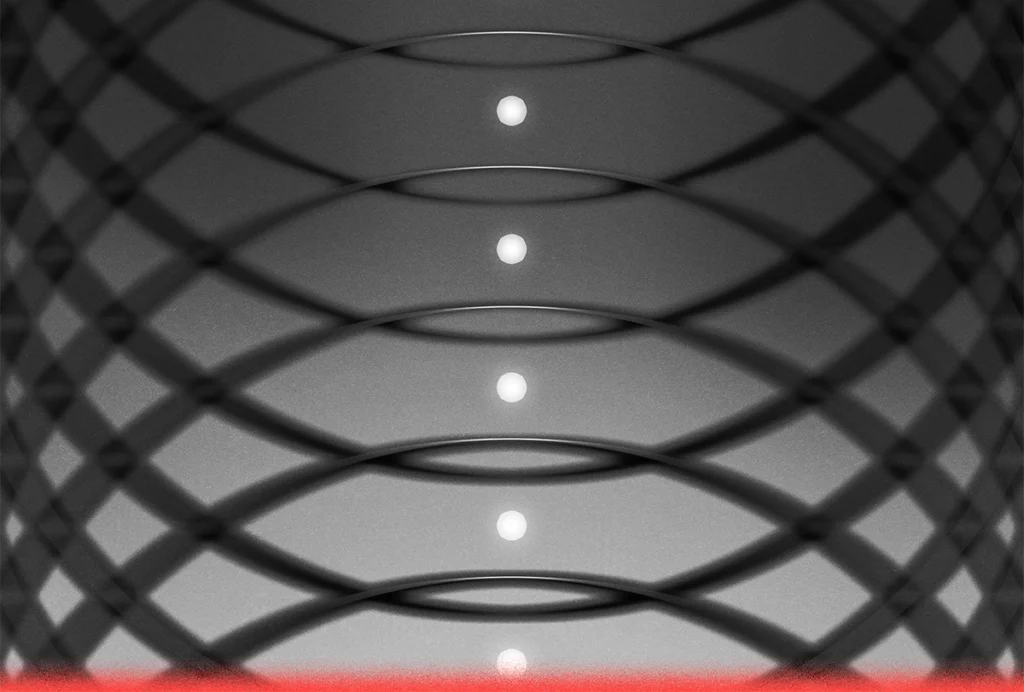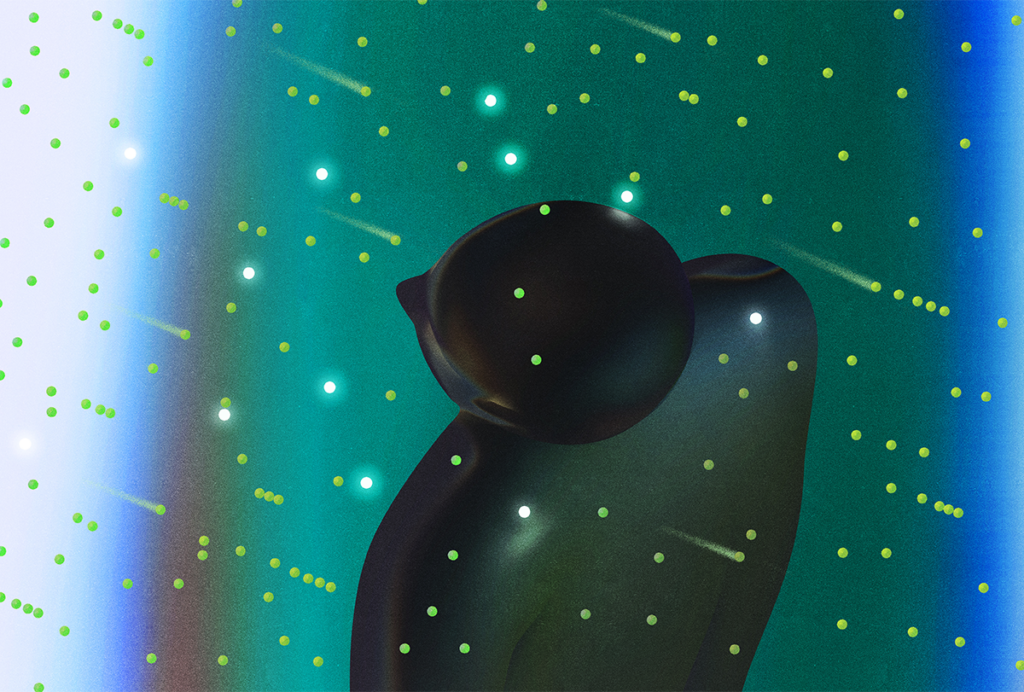Computation
Recent articles
David Krakauer reflects on the foundations and future of complexity science
In his book “The Complex World,” Krakauer explores how complexity science developed, from its early roots to the four pillars that now define it—entropy, evolution, dynamics and computation.
David Krakauer reflects on the foundations and future of complexity science
In his book “The Complex World,” Krakauer explores how complexity science developed, from its early roots to the four pillars that now define it—entropy, evolution, dynamics and computation.
Future watch: What should neuroscience prioritize during the next 10 to 20 years?
For The Transmitter’s first annual book, five contributing editors reflect on what subfields demand greater focus in the near future—from dynamical systems and computation to technologies for studying the human brain.

Future watch: What should neuroscience prioritize during the next 10 to 20 years?
For The Transmitter’s first annual book, five contributing editors reflect on what subfields demand greater focus in the near future—from dynamical systems and computation to technologies for studying the human brain.
Explaining ‘the largest unexplained number in brain science’: Q&A with Markus Meister and Jieyu Zheng
The human brain takes in sensory information roughly 100 million times faster than it can respond. Neuroscientists need to explore this perceptual paradox to better understand the limits of the brain, Meister and Zheng say.

Explaining ‘the largest unexplained number in brain science’: Q&A with Markus Meister and Jieyu Zheng
The human brain takes in sensory information roughly 100 million times faster than it can respond. Neuroscientists need to explore this perceptual paradox to better understand the limits of the brain, Meister and Zheng say.
Hessameddin Akhlaghpour outlines how RNA may implement universal computation
Could the brain’s computational abilities extend beyond neural networks to molecular mechanisms? Akhlaghpour describes how natural universal computation may have evolved via RNA mechanisms.
Hessameddin Akhlaghpour outlines how RNA may implement universal computation
Could the brain’s computational abilities extend beyond neural networks to molecular mechanisms? Akhlaghpour describes how natural universal computation may have evolved via RNA mechanisms.
Explore more from The Transmitter
Functional MRI can do more than you think
Recent technological advances provide a range of new and different information about brain physiology. But taking full advantage of these gains depends on collaboration between engineers and neuroscientists.

Functional MRI can do more than you think
Recent technological advances provide a range of new and different information about brain physiology. But taking full advantage of these gains depends on collaboration between engineers and neuroscientists.
As federal funders desert mentorship programs for marginalized students, trainee-led initiatives fill the gap
Grassroots organizations, led by graduate students and postdoctoral researchers, are stepping up to provide neuroscience career training and guidance for students from marginalized backgrounds—and they need your support.

As federal funders desert mentorship programs for marginalized students, trainee-led initiatives fill the gap
Grassroots organizations, led by graduate students and postdoctoral researchers, are stepping up to provide neuroscience career training and guidance for students from marginalized backgrounds—and they need your support.
Split gene therapy delivers promise in mice modeling Dravet syndrome
The new approach overcomes viral packaging limitations by delivering SCN1A piecemeal and stitching it together in target cells.

Split gene therapy delivers promise in mice modeling Dravet syndrome
The new approach overcomes viral packaging limitations by delivering SCN1A piecemeal and stitching it together in target cells.